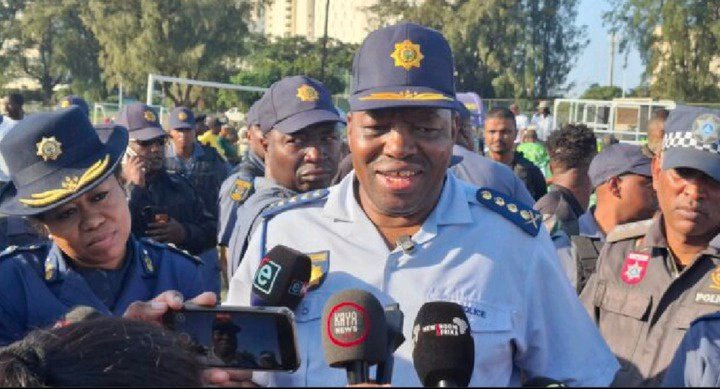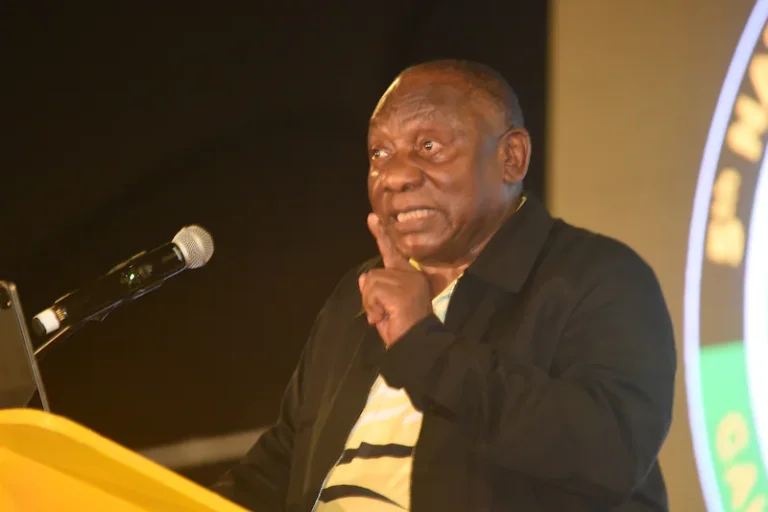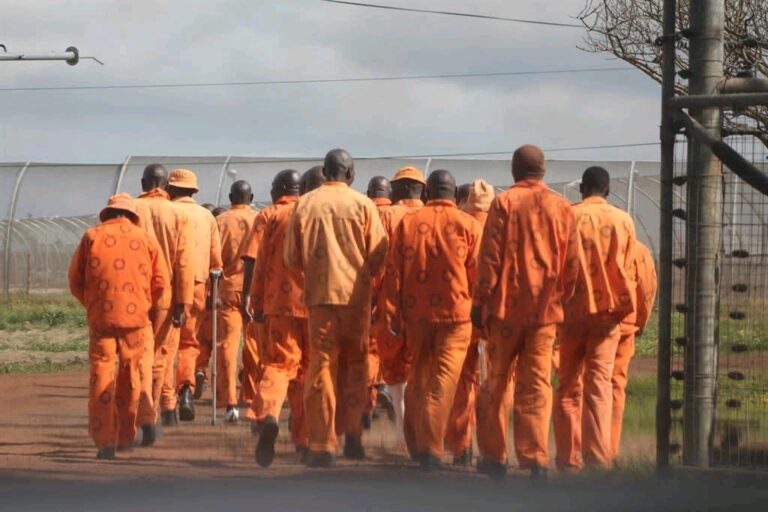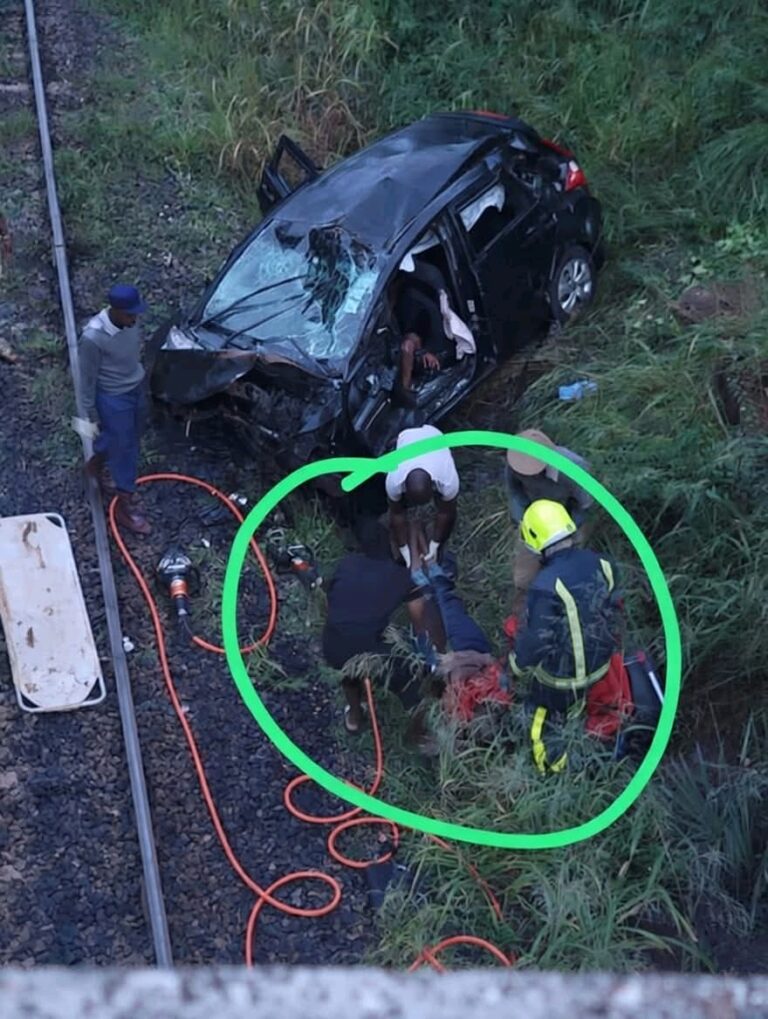
A powerful coalition of civil society organizations, political activists, and trade unions has issued a bold ultimatum to President Cyril Ramaphosa, demanding urgent intervention in South Africa’s deepening socioeconomic crisis. The coalition has threatened a full-scale national shutdown if their demands are not addressed within 14 days.
At a press briefing held in Johannesburg, spokesperson Thabo Mahlangu made the coalition’s stance clear. “We are giving President Ramaphosa 14 days to respond decisively to our memorandum,” Mahlangu announced. “Should he fail, the people of South Africa will be left with no choice but to shut down the country.”
This coalition includes a range of youth movements, community organizations, and labor unions, all united by frustration over the government’s failure to address critical issues. The demands center around escalating unemployment—particularly among young people—rising electricity tariffs, widespread corruption, and the general lack of accountability in government institutions.
https://x.com/SundayWorldZA/status/1945189449534472660?t=Si0R2Tw-F8m_uwKXlKAaEw&s=19
The group’s memorandum calls for specific, immediate actions:
- Comprehensive strategies to combat youth unemployment
- A freeze on further electricity tariff hikes
- The dismissal and prosecution of corrupt public officials
- Greater transparency and oversight on public spending
Organizers have emphasized that if the government fails to meet these conditions, the resulting shutdown will be nonviolent but massive in scale. It will include marches, business closures, and the halting of public transport systems, potentially bringing major urban centers to a standstill.
“This is more than just a protest,” Mahlangu asserted. “It’s a vote of no confidence in a system that has failed its people time and time again. We are tired of recycled promises and cosmetic reforms.”
Although the Presidency has not released an official statement, sources close to the administration suggest that a high-level crisis meeting is being considered to avert the looming threat of unrest.
Political analysts have noted that this ultimatum reflects the growing disillusionment among citizens, particularly the youth, with the current leadership. With unemployment at record highs and ongoing issues like loadshedding and political scandals plaguing the government, pressure is mounting on Ramaphosa to act swiftly and decisively.
“The mood in the country is tense,” said one analyst. “People are exhausted, and this movement is tapping into a deep well of frustration that’s been building for years.”
The coalition insists that their aim is not to destabilize the country, but to force meaningful change. However, with just days left before the deadline, the potential for disruption looms large.
As South Africans brace for what may be a historic moment, all eyes are now on President Ramaphosa to see whether he will heed the call—or face the consequences of inaction.







